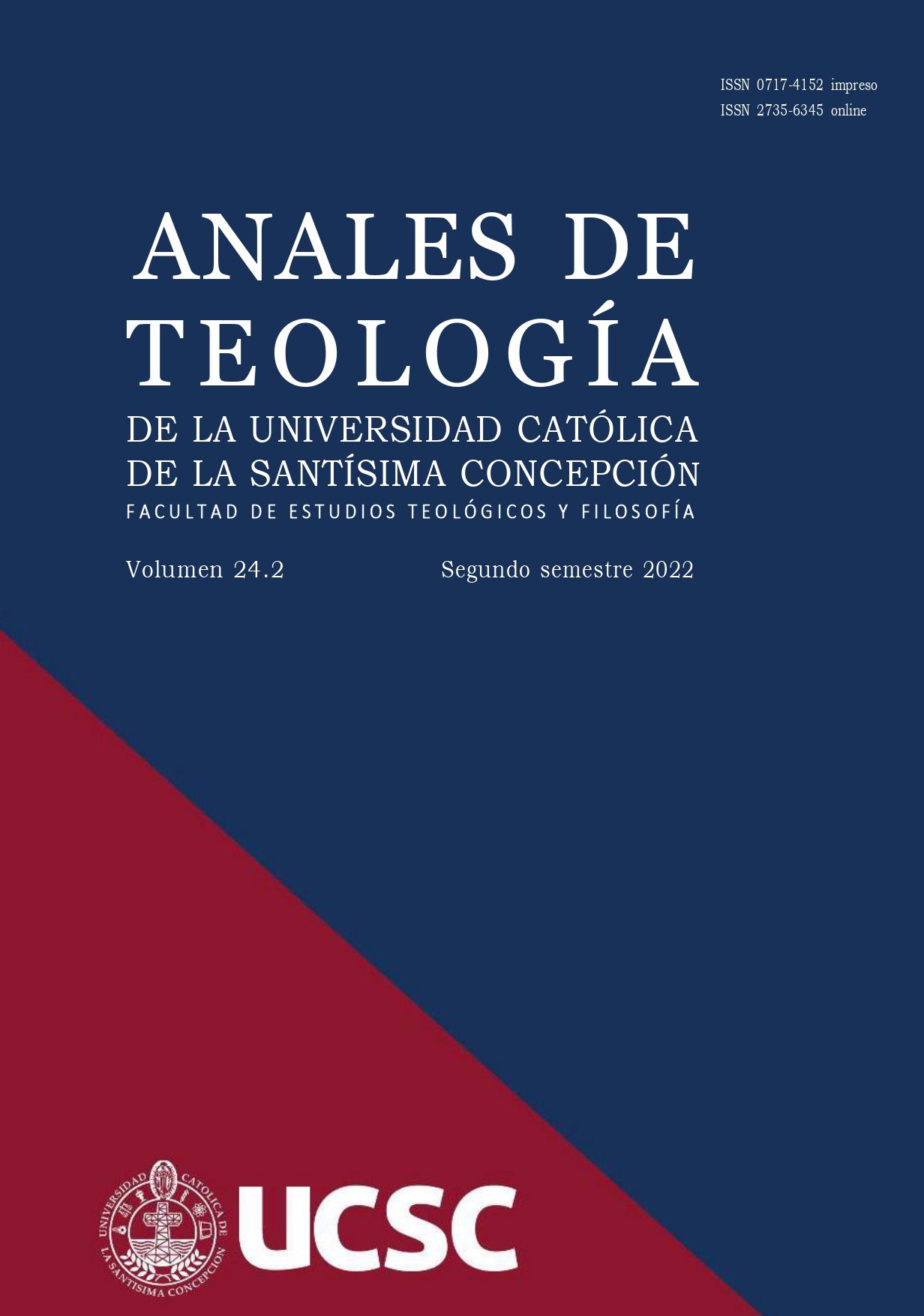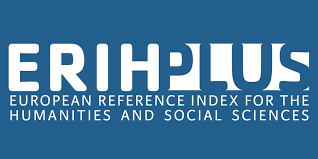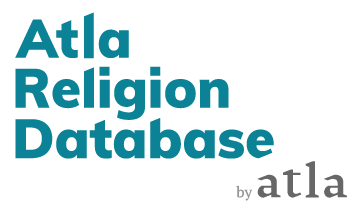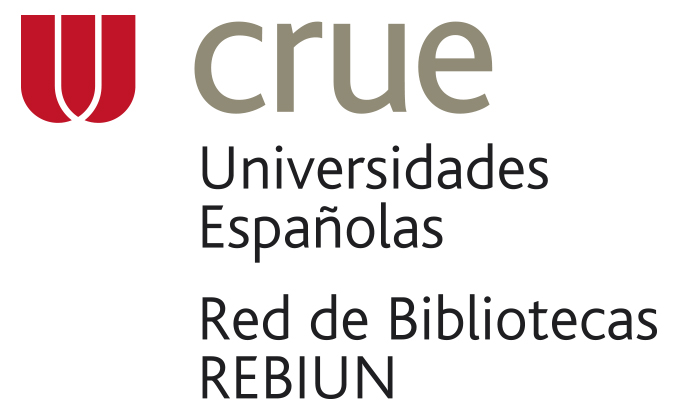EVANGELIZE MIGRANTS FROM THEIR CULTURAL IDENTITY. THE CASE OF THE CELEBRATION OF THE PURÍSIMA WITH THE NICARAGUAN IMMIGRANTS IN LA CARPIO (SAN JOSÉ, COSTA RICA)
DOI:
https://doi.org/10.21703/2735-634520151711899Keywords:
Popular religiosity, immigrant pastoral, inculturation, reception and in-tegration, Immaculate (Purisima) Concepción, Popular Spirituality, GriteríaAbstract
Article at first confirms the relevance of popular piety in the accompaniment of im-migrants from a host pastoral criteria set by the Instruction “Erga Migrantes Caritas Christi”. The following describes the specific features of the popular celebration of the “Purísima” (Immaculate Conception) in Nicaragua and the development of an experi-ence of pastoral accompaniment to the Nicaraguan migrant population in the popu-lous community of La Carpio (San José, Costa Rica) from ecclesial criteria from an immigrant pastoral interested in inculturated evangelization, human promotion and social integration. Finally the valuable concept of “popular spirituality” proposed in the Conference of Aparecida and widely developed by Pope Francis in the “Evangelii Gaudium” from this framework to propose a tentative interpretation of spirituality potentially present in “The Gritería” (Vespers of the Immaculate) resumes, most representative of popu-lar Marian piety of the Nicaraguan expression.
Downloads
Downloads
Published
Issue
Section
License

This work is licensed under a Creative Commons Attribution-NonCommercial 4.0 International License.
The Anales de Teología is an open access journal and does not charge for publication. In addition, it regulates its Copyright and access policy according to the Creative Commons Attribution-NonCommercial 4.0 International Public License (CC BY-NC 4.0), therefore sharing (reproducing and distributing the material in any medium or format) and adaptation (modifying, transforming, and creating from the material) is allowed as long as proper credit is given and the citation is included with the corresponding data. Moreover, it is not allowed to use the material for commercial purposes.




















